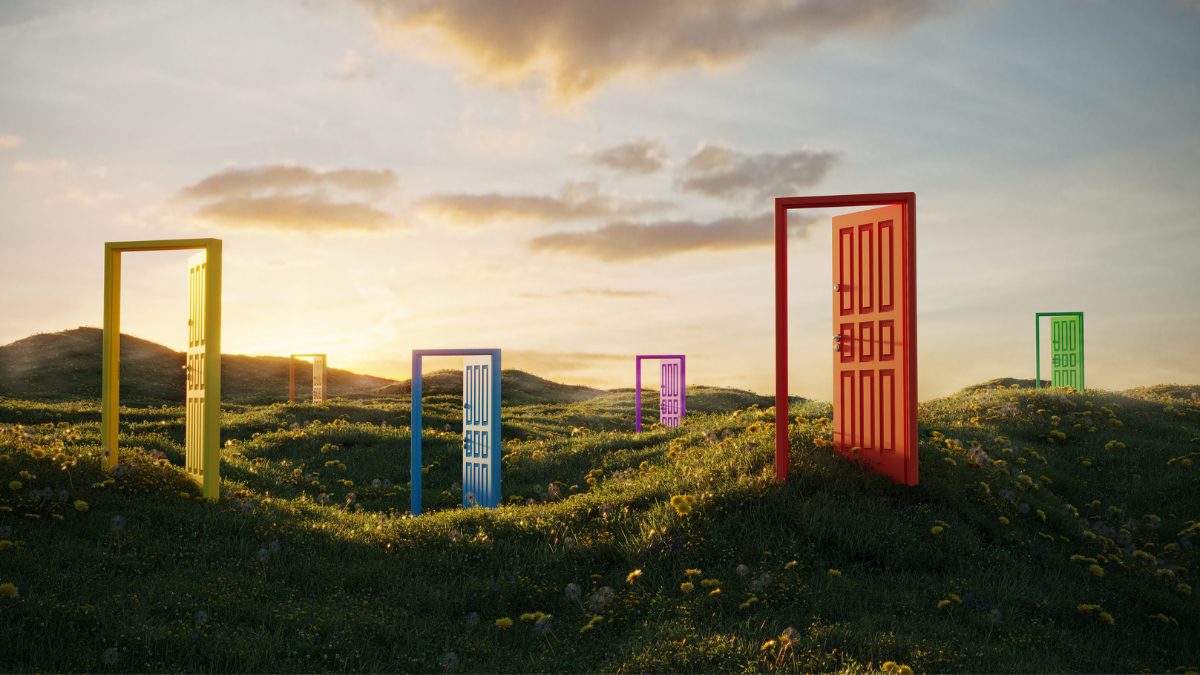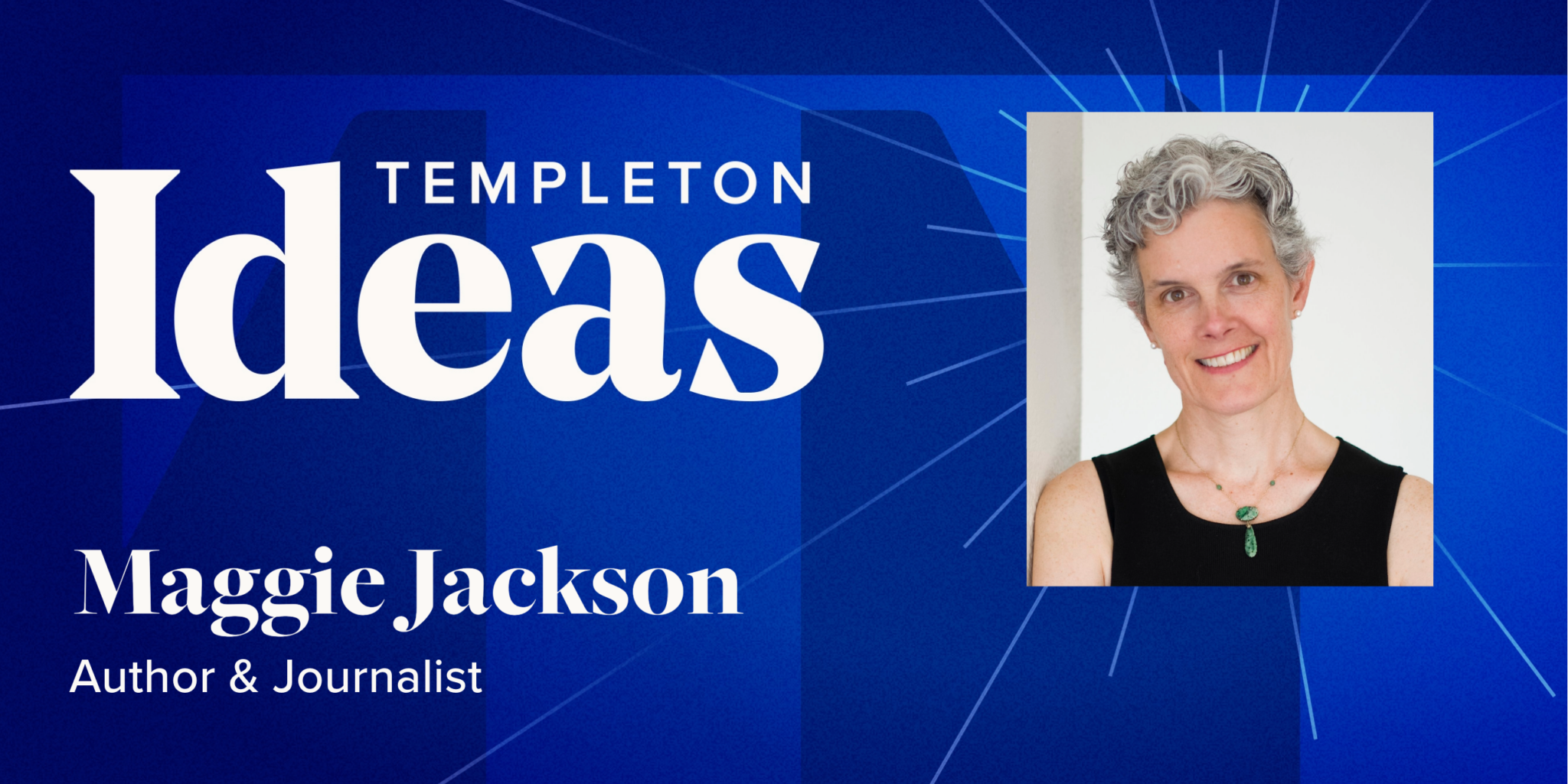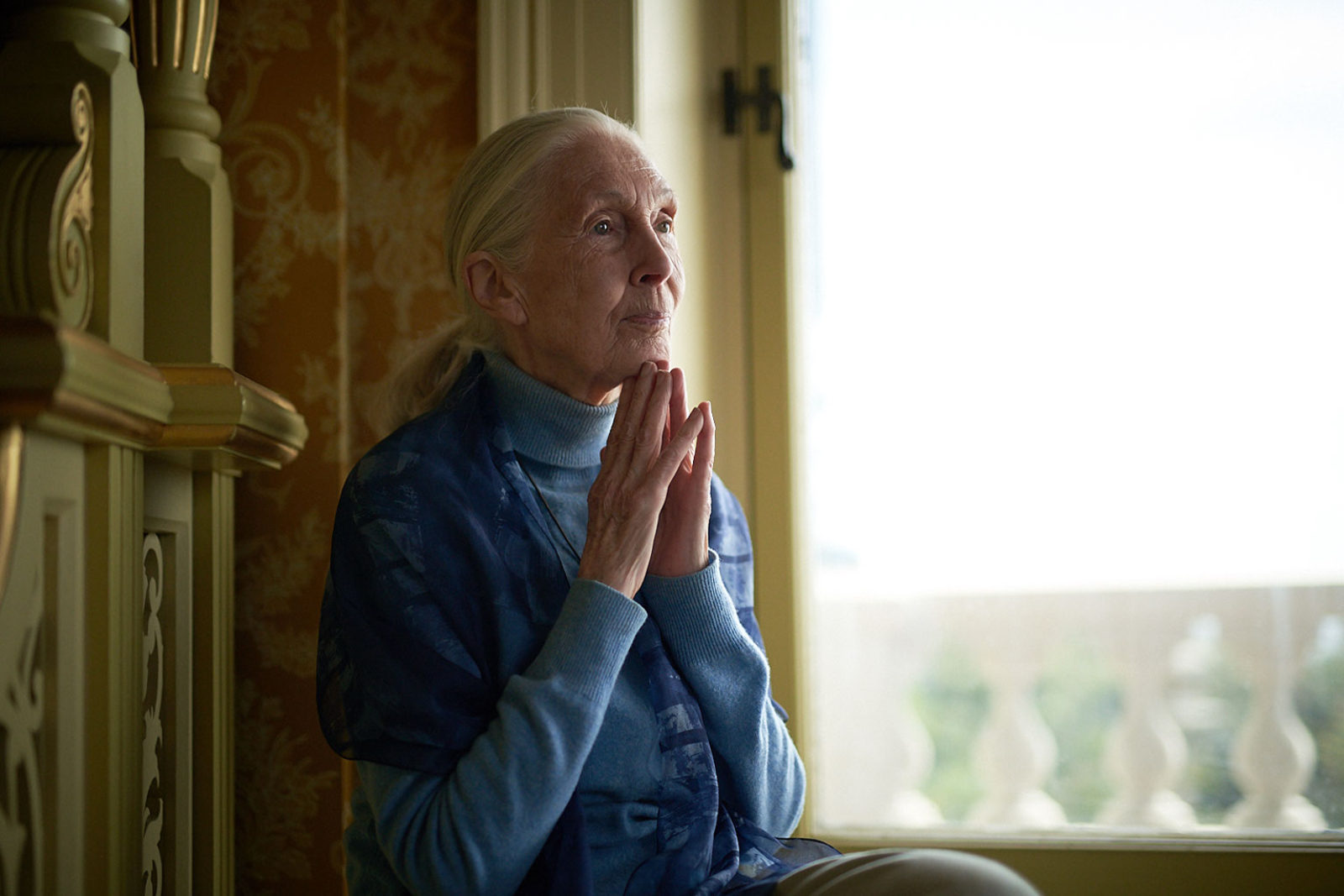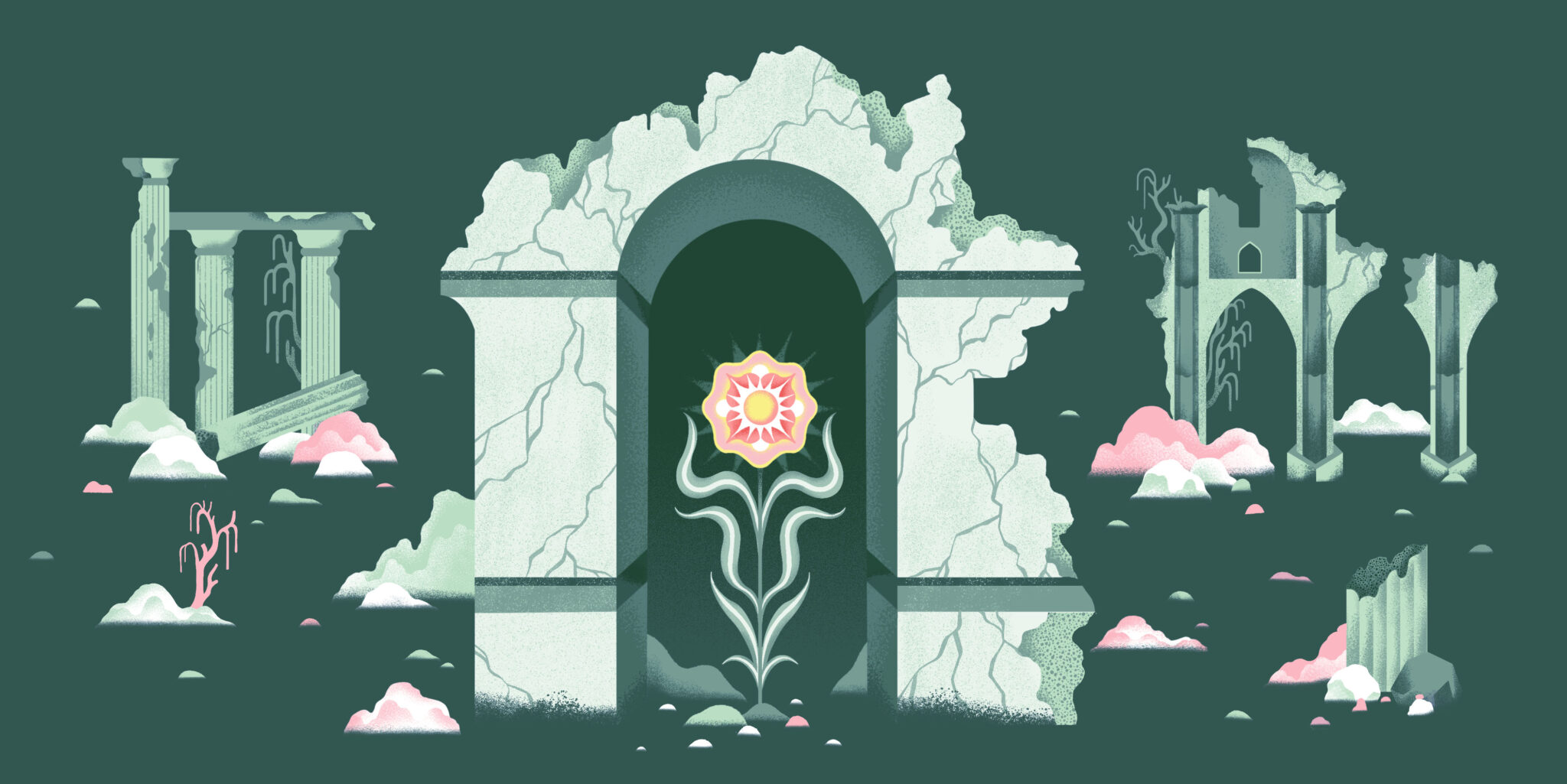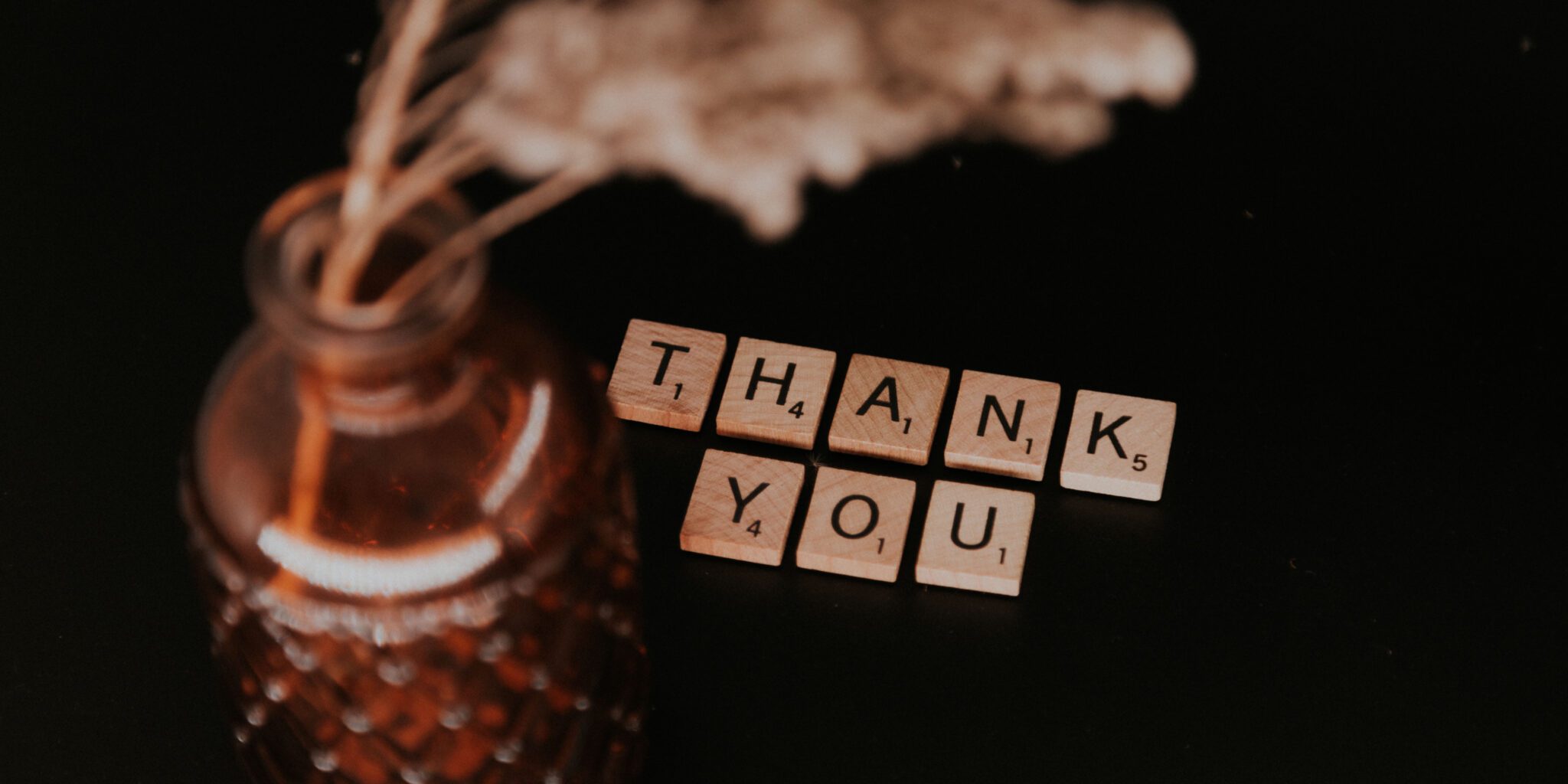Here’s what I knew on the morning of July 30, 2021. My dad and I would be riding our bikes together the following week. Dad was in some of the best shape of his life. We’d done several bike rides together a few months previously to celebrate his 77th birthday, and all summer long, he’d been texting me when he’d met his weekly goal of 100 miles. On August 2, he was scheduled to drive from his house in Albuquerque to the Black Canyon National Park in Colorado, near where I live. It would be the first time since the pandemic started that he’d resume his two-week gig as a volunteer astronomer at the park, giving public talks and setting up a telescope to share the night sky with park visitors.
Here’s what I didn’t know. Dad was not coming to Colorado. A series of blood clots were traveling to his brain and were about to threaten his life. Mom would hear a thud in the next room and find Dad lying on the floor, in the midst of a stroke. None of us knew that evening when Mom called me with the news how bad this would be. Was it just a minor stroke, mild enough that he could just delay his trip a few days? Was it going to kill him? Or was it something else, in between? Nothing was sure.
In those first hours and days after the stroke, I wanted to know why this had happened. How could he be so healthy and then, in an instant, not? Science could explain what had happened, but not why or what would come next, at least not yet. The future was slippery with uncertainty, and so I had to let go of wanting to know what lay ahead and live in the moment.
It’s scary to not know what’s coming, but those initial few months were some of the most tender, heart-felt and intimate times I’ve ever had with my family.
Together, we navigated Dad’s stay in intensive care, followed by various hospital and rehab facilities. I will forever treasure the closeness and sense of presence that we shared when the uncertainty ahead compelled us to throw all other concerns aside and live in the now.
This focus on the present is one of uncertainty’s unexpected gifts. But it’s not the only benefit that uncertainty can offer.
I’ve spent the last several years reporting on uncertainty — first with regards to the pandemic, and then as it pertains to science for a podcast series from Scientific American. Yes, uncertainty can be frustrating and scary, but many of the scientists I talked with on the podcast told me about another side to uncertainty: the way it can offer an invitation to learn, a spark for creativity, a chance to open your mind to something new.
These scientists don’t view uncertainty as a threat, but as an opportunity. It’s a signpost indicating that there’s something new to explore and learn. Uncertainty can make you examine possibilities that you wouldn’t have considered when you already knew what was going to happen.
Learning to sit with the unknown can open up new ways of thinking.
If you had asked me in June of 2021 whether Dad could live a full and satisfying life with half of his body limp and unmovable, physically dependent on Mom for the tasks of daily life, I would have said no. I would never have said a life like that wasn’t worth living, but I would have thought that it would be less engaging and satisfying than the one he lived before. I don’t think that anymore.
Yes, Dad’s life is different now, but it’s not lesser. He’s cognitively and socially engaged. He can’t ride his bicycle like before, but he’s got an under desk pedal bike that he can use from his wheelchair. He goes to physical therapy and jokes with his therapist. He reads books, listens to audio recordings, reads his favorite science magazines, and watches YouTube lectures on astrophysics and astronomy. He’s the same science nerd he’s always been, and he’s still got his sense of humor. He’s a delightful conversation partner, and he gets together weekly with friends, goes to book club and attends Albuquerque Isotopes baseball games. He’s living a full and engaged life, pivoted to the things that are possible, which are many.
Dad has taught me a lot about the resilience of the human spirit. I changed my mind about what he (or anyone) needs to live a fulfilling life, and that change was only possible because I was open to discovering that I was less certain about this than I originally thought. What I’ve learned is that certainty can be dangerous when it blinds us to possibility.
Uncertainty can open our eyes to the world of potential.
As evolutionary biologist David Krakauer at the Santa Fe Institute told me on the podcast, “We actually enjoy, cognitively, not knowing.” Uncertainty about the outcome is why people watch the March Madness basketball tournament and read novels and watch detective movies. The thrill is not in knowing the outcome in advance, but in giving over to curiosity about what might happen, and then witnessing the unfolding.
In these uncertain times, there is so much we don’t know about the future. This can be terrifying and disorienting when so many terrible things are happening or threatening to happen in the world, but it can also be exciting. We don’t know what’s going to happen this year or next, and that means that so much is still possible. The path ahead is uncertain, and we don’t always have as much agency in the outcome as we’d like. Yet the future is not yet written. There are plenty of possible hereafters still left to create.
Christie Aschwanden is author of the New York Times bestseller, Good to Go: What the Athlete in All of Us Can Learn from the Strange Science of Recovery and producer and host of UNCERTAIN, a podcast from Scientific American.
